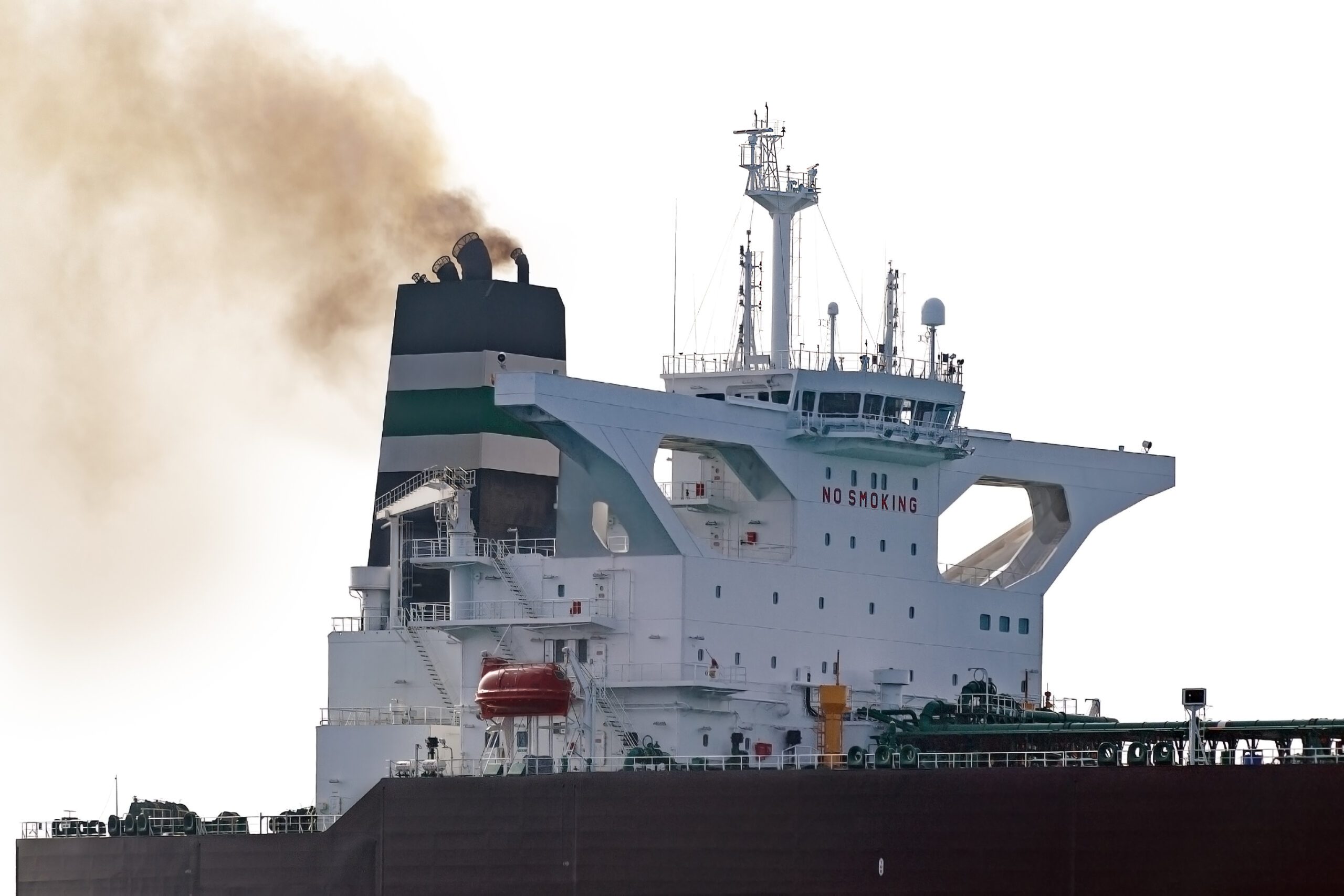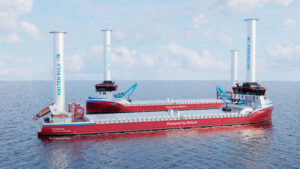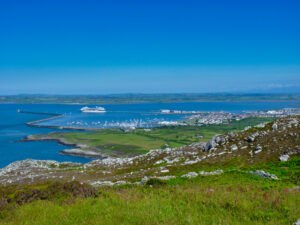A group of 14 environmental organizations, led by Germany’s NABU (the Nature And Biodiversity Conservation Union), sent a letter on January 24 to the OSPAR Commission (Convention for the Protection of the Marine Environment of the North-East Atlantic), regarding the planned 12-nautical-mile discharge ban for wastewater from exhaust gas cleaning systems (EGCS).
The letter’s authors say that the 12-nautical-mile discharge ban for wastewater from EGCS should be adopted at the OSPAR ministerial meeting in summer 2025 “regardless of the ongoing discussions at the IMO about the precise quantification of the EGCS’ emissions factors.”
“While we have not yet engaged with the Secretariat on this specific topic, we would like to share our perspective and raise concerns about recent reports suggesting that discussions might be delayed,” they mention in their letter.
“From our perspective, deferring action on this issue contradicts the principles and commitments that underpin OSPAR’s mission to protect and conserve the marine environment of the North-East Atlantic.”
As stated by the 14 green groups, scrubber discharges release harmful pollutants, including polycyclic aromatic hydrocarbons (PAHs), heavy metals, and other toxic substances, into the marine environment.
They say that given the nature of the EGCS wastewater and the established risks, waiting for consensus at the IMO would be a “missed opportunity for OSPAR to exercise leadership in protecting the North-East Atlantic.”
Delaying action would also set a concerning precedent, implying that progress on regional protection can be indefinitely postponed in favor of global-level consensus, even when robust evidence supports immediate intervention.
According to the letter, by advancing the discharge ban, OSPAR would demonstrate its commitment to proactive, science-based decision-making, reinforcing its role as a regional leader in marine conservation.
Denmark’s Environment Minister Magnus Heunicke put forward a bill in the Folketinget (Danish parliament) that will prohibit the discharge of scrubber water from ships into Danish territorial waters, which extend to 22 km from the Danish coasts.
The ban comes into force on 1 July 2025 for ships with scrubbers in open operation. For ships with scrubbers in closed operation, the ban enters into force on 1 July 2029.
The bill follows up on the political agreement on the ban on the discharge of scrubber water, which was concluded on 11 April 2024 between the government, SF, DD, LA, K, EL, RV and ALT.
Furthermore, the bill means that in the future ships will have to switch to using either fuel with a low sulfur content or closed scrubbers with zero-emissions. This means that the residual product from the closed scrubber must be delivered to the ports’ reception facilities.



